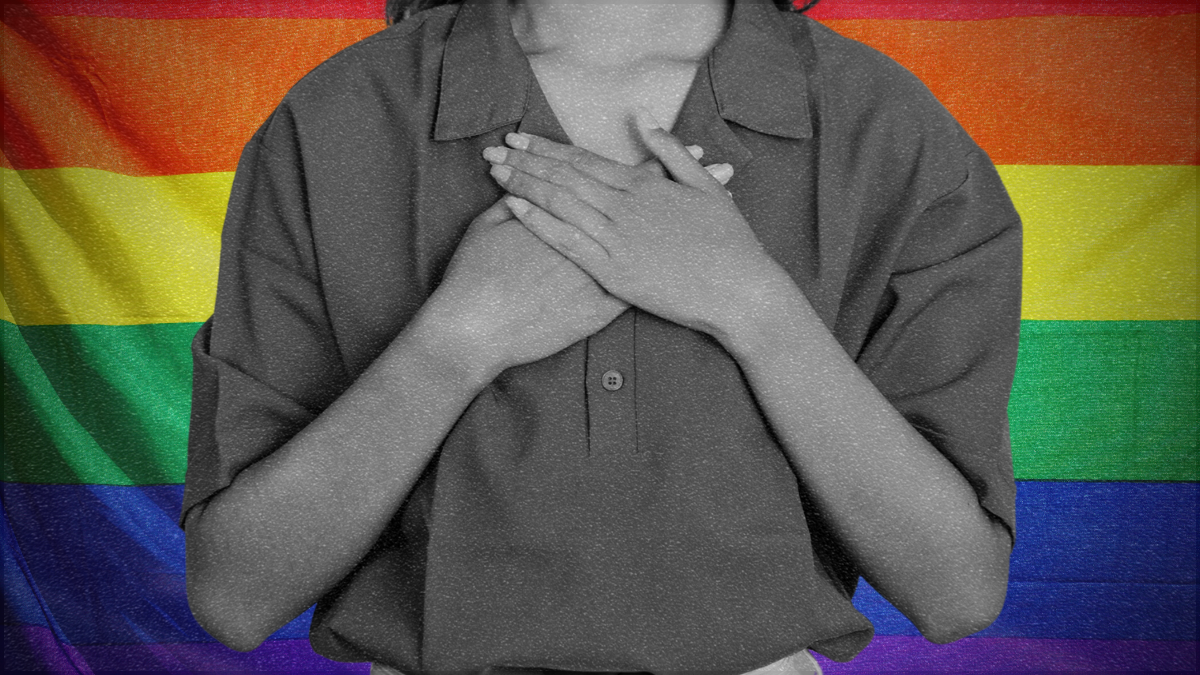Source: News & Observer
Last month, Charlotte-Mecklenburg school system became one of the first districts in the state to implement measures from North Carolina’s very own version of the “Don’t Say Gay” bill.
Senate Bill 49 would make schools an increasingly unsafe space for LGBTQ+ students. The bill bans lessons about gender identity, and sexual orientation, and threatens educators with disciplinary action if they refuse to out students to their parents.
The bill also requires parental consent before schools can give students a “protected information survey.”
The survey features questions about mental or psychological problems, sex behavior or attitudes and “illegal, antisocial, self-incriminating, or demeaning behavior”, according to The News & Observer.
For CMS school board member Melissa Easley, the implementation of the bill would impact families like her own.
In a speech at a board meeting earlier this month, Easley spoke out against the discriminatory law; underscoring the impact the law will have on LGBTQ+ students and families.
“The reality is that this bill is intensely personal for me,” Easley, who has two children in elementary school, stated during the board meeting. “I am sad, I am hurt and I am angry. … I now have to explain to my kids why our family, and many other diverse families, will not be seen, honored or possibly even acknowledged in our schools.”
Three policies from the harmful law passed in a 7-2 vote. Another passed on a 6-3 vote.
“To the CMS students who will experience harm or risk danger under these regressive laws, I want you to know that there are many in this community who support your authentic lives,” stated Easley.
Easley, who identifies as bisexual, and her family are not alone. According to a briefing by the Department of Homeland Security, threats of violence against the LGBTQIA+ community are on the rise and intensifying – resulting in families with queer parents or children increasingly worried about their safety.
In Florida, the law’s origin, nearly 88% of LGBTQ+ parents surveyed were concerned about the impact of the state’s Don’t Say Gay bill, and more than half considered moving out of Florida, according to a report earlier this year.
“We are people. We are just like you. We have families,” Easley stated. “I just wish the hate would go away. I wish that you wouldn’t hate somebody just for who they are.”
In North Carolina, many school districts across the state have delayed or are challenging the extremist law. Education leaders are raising concerns about how time and resource heavy the law requires from school districts; two areas in which many school districts cannot sacrifice.
“It will take hours and hours of meetings,” Rep. Laura Budd, D-Mecklenburg, told WRAL. “Those meetings are time that is going to be spent by school officials and the board of education so they can be in compliance with North Carolina law, instead of spending that time recruiting, training and putting a living, breathing teacher in every single classroom.”





